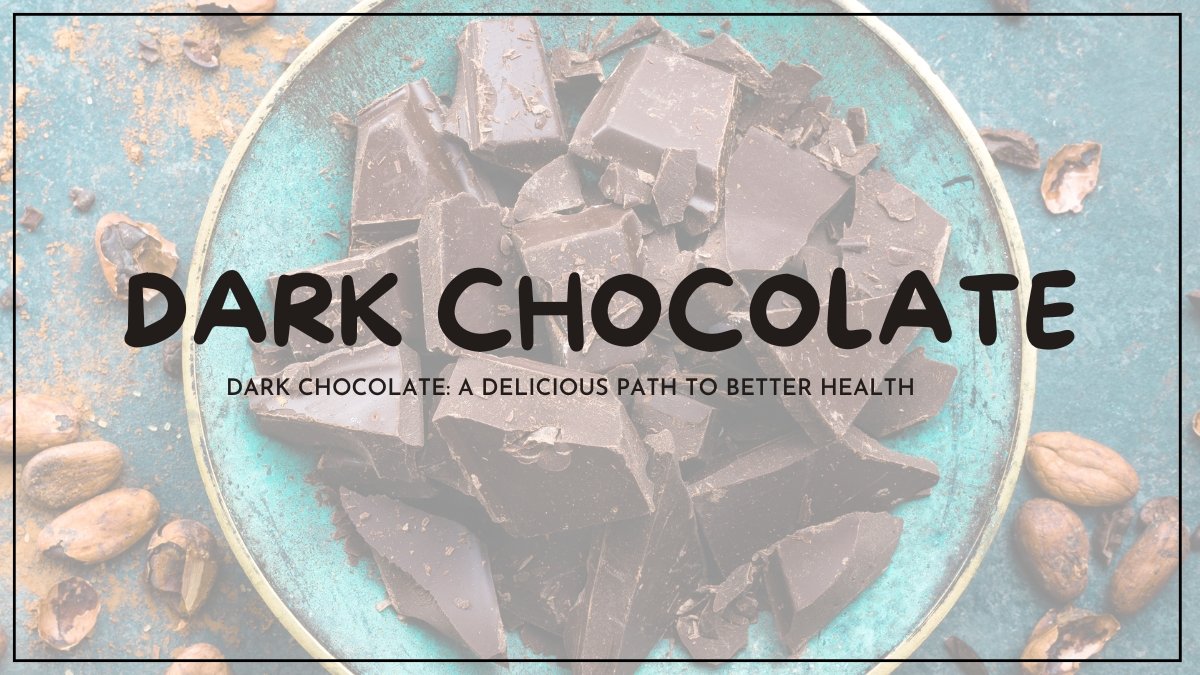Body Detox : A “full Body Detox ” is a trendy term often seen in wellness circles. It usually involves specific diets, herbal supplements, teas, or detox drinks that claim to flush toxins out of your body, promising better health and fast weight loss. But is a detox diet really necessary?
Understanding Body Detox : What It Really Means
Detoxification is a natural process your body performs every day. Your liver, kidneys, lungs, skin, and digestive system work constantly to remove waste and harmful substances. So, despite the popularity of detox products, your body already has its own built-in detox system that works quite effectively.
READ MORE :- What is the Keto Diet? Benefits and Risks
Common Misconceptions About Detoxing
Many detox programs include the use of diuretics, laxatives, multivitamins, or “cleansing” foods. However, the term “toxin” is vaguely used. These diets rarely specify what toxins they target or how exactly they remove them. Scientific research does not support the idea that detox diets eliminate toxins or offer long-term weight loss benefits.
Natural Ways to Support Your Body’s Detox System
While you don’t need pricey supplements to detox, adopting healthy habits can support your body’s natural detox functions:

1. Cut Back on Alcohol
The liver metabolizes over 90% of the alcohol you consume. However, excessive drinking leads to inflammation, fat buildup, and liver damage, hindering its ability to detoxify the body. Limiting alcohol — or avoiding it altogether — helps your liver function more efficiently.
2. Prioritize Quality Sleep
Sleep is critical for the brain to remove toxic waste like beta-amyloid, linked to Alzheimer’s. Poor sleep has been associated with chronic health issues such as high blood pressure, diabetes, and obesity. Aim for 7–9 hours of sleep per night, and create a relaxing bedtime routine to improve sleep quality.
3. Stay Hydrated
Water is essential for waste elimination through urine, sweat, and breath. It also aids digestion and helps transport nutrients. The recommended intake is about 3.7 liters (125 oz) for men and 2.7 liters (91 oz) for women daily, though this can vary with activity level and climate.
4. Limit Sugar and Processed Foods
High intake of processed foods and sugar can contribute to obesity, fatty liver disease, and inflammation — all of which can interfere with your body’s detox organs. Replace junk food with whole foods like fruits, vegetables, whole grains, and lean proteins.
5. Eat Antioxidant-Rich Foods
Antioxidants help fight oxidative stress caused by free radicals. A diet high in fruits, vegetables, nuts, and spices can provide essential antioxidants like vitamins C and E, selenium, and flavonoids. These nutrients support your cells and detox pathways.
6. Boost Gut Health with Prebiotics
Your gut helps process toxins before elimination. Prebiotics — fibers that feed beneficial bacteria — help maintain a healthy gut. Foods rich in prebiotics include garlic, onions, bananas, oats, and asparagus.
7. Reduce Sodium Intake
Too much salt can lead to water retention and bloating. Drinking more water helps balance this, as does eating potassium-rich foods like bananas, spinach, and potatoes to counteract sodium’s effects.
8. Exercise Regularly
Regular physical activity improves circulation, supports organ function, and reduces inflammation. Aim for 150–300 minutes of moderate activity or 75–150 minutes of vigorous activity weekly.
Additional Natural Detox Tips
- Sulfur-rich foods like broccoli, garlic, and onions support liver detox enzymes.
- Chlorella, a nutrient-rich algae, may help eliminate heavy metals.
- Cilantro may help the body flush certain chemical compounds.
- Use natural personal and cleaning products to limit chemical exposure.
What’s the best way to detox your body?
Support your liver, kidneys, and other detox organs by eating a clean diet, sleeping well, staying active, and staying hydrated.
How can I detox at home naturally?
Drink more water, reduce sugar and processed foods, get enough fiber and antioxidants, and move your body regularly.
What are signs you may need to detox?
Chronic fatigue, bloating, brain fog, or digestive issues could indicate your body needs support — not necessarily a detox, but healthier habits.
How long does a natural detox take?
Your body detoxes constantly. The time it takes to feel improvements depends on your current habits and lifestyle.
Conclusion
Despite the hype, your body does not need a detox diet to stay clean. What it does need is your support through smart lifestyle choices — hydration, sleep, exercise, and a diet rich in antioxidants and fiber. Skip the fads and support your body the natural way.














